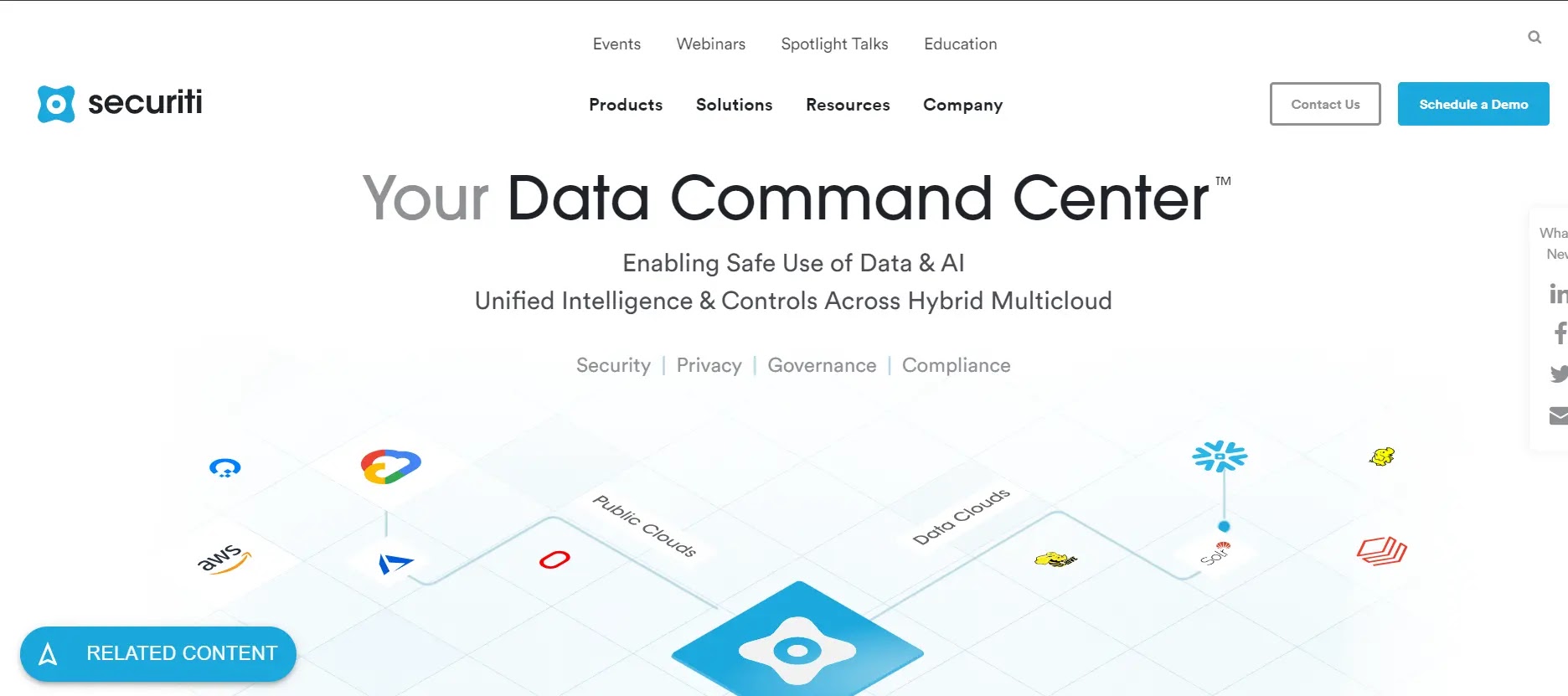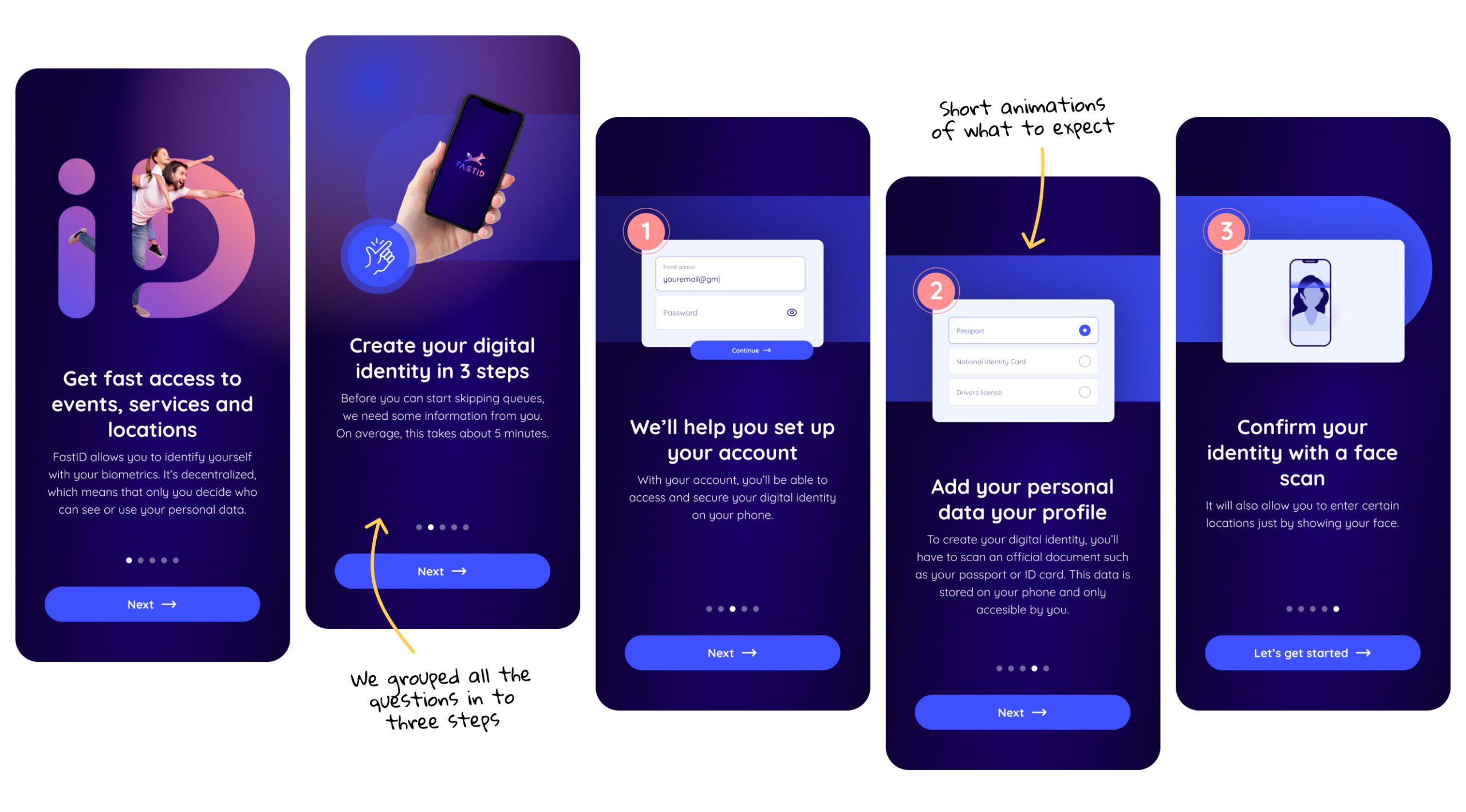Let’s be honest. We all have that creeping feeling. You talk about pizza with a friend, and suddenly your phone is showing you ads for local pizzerias. You search for a vacation spot, and your social media feed becomes a travel agency. It’s convenient, sure, but it comes at a cost—your personal data.
Our digital lives are woven into the fabric of a handful of giant corporations. They know what we read, who we talk to, and where we go. But here’s the deal: you don’t have to accept this as the default. A whole ecosystem of privacy-respecting services has blossomed, offering powerful features without the surveillance.
Why Bother Switching? It’s More Than Just “Hiding”
Some folks think wanting privacy means you have something to hide. That’s a myth. Wanting privacy is like wanting curtains on your windows. It doesn’t mean you’re doing anything wrong; it just means you value your personal space and who you let in.
Mainstream tech giants build their business on a simple model: they offer you “free” services, and in return, they monetize your attention and your data. Your profile is the product, sold to advertisers. Privacy-focused companies, on the other hand, often use different models—like one-time payments, subscriptions, or donations—so their incentive is to protect you, not to sell you out.
The Privacy Toolbox: Your New Digital Essentials
1. Ditch the Data-Hungry Browser
Your web browser is your window to the internet. Using a browser like Google Chrome is like having that window made of one-way glass—you can see out, but Google and a thousand advertisers are watching everything you do inside.
Alternatives:
- Firefox: A veteran in the game, Firefox is developed by the non-profit Mozilla Foundation. It’s fiercely independent, packed with privacy features like Enhanced Tracking Protection that blocks those creepy cross-site cookies by default. It’s a fantastic, user-friendly first step.
- Brave: This browser takes a more aggressive approach. It blocks ads and trackers right out of the gate, which can also make pages load blazingly fast. Its model is… interesting, offering a crypto-based system for rewarding sites you like, but you can just ignore that and enjoy the core, privacy-first experience.
2. Search Without the Surveillance
Google Search is incredible, no doubt. But it creates a detailed profile of your every query, linking them to your identity, your location, and your device. For a truly private search, you need a service that doesn’t collect or store your personal information.
Alternatives:
- DuckDuckGo: This is the go-to for most people. It delivers solid search results without tracking you. Their whole motto is, well, “The search engine that doesn’t track you.” Simple. Effective.
- Startpage: This one is clever. It acts as a privacy-protecting proxy between you and Google. You get Google’s search results, but Google never sees you. It’s the best of both worlds for those who can’t quite let go of Google’s result quality.
3. Email That Respects Your Inbox
Email is a treasure trove of personal data. Think about it: receipts, conversations, sign-ups, password resets. Services like Gmail scan the content of your emails to build your advertising profile. A private email provider treats your inbox like a sealed letter, not an open book.
Alternatives:
- Proton Mail: Arguably the most famous name in private email. Based in Switzerland, it’s protected by some of the world’s strongest privacy laws. The big feature is end-to-end encryption, meaning even Proton can’t read your mail. They offer a robust free tier, which is a great way to start.
- Tutanota: A strong competitor to Proton, also based in Germany with a focus on open-source code and end-to-end encryption. It has a very clean interface and also offers a free version.
4. Cloud Storage That Keeps Your Files… Yours
Storing your files, photos, and documents on Google Drive, Dropbox, or iCloud means you’re trusting those companies with your most sensitive data. They have the keys to decrypt and access your information. Zero-knowledge, or end-to-end encrypted, cloud storage fixes this.
With these services, your files are encrypted on your device before they are uploaded. The storage provider never gets the decryption key. They literally cannot see what you’re storing. It’s like storing your valuables in a safe where only you have the combination, even though the safe is in their warehouse.
Alternatives:
- Tresorit: A top-tier, business-focused option known for its strong security and ease of use.
- Sync.com: A very user-friendly Canadian company that offers zero-knowledge encryption on all its plans, including a free one with decent storage.
A Quick-Reference Table for Your Switch
| Service Type | Mainstream Giant | Privacy Alternative | Key Benefit |
| Web Browser | Google Chrome | Firefox, Brave | Blocks trackers by default, independent development. |
| Search Engine | Google Search | DuckDuckGo, Startpage | No search history profiling, anonymous results. |
| Gmail, Outlook | Proton Mail, Tutanota | End-to-end encryption, no email scanning for ads. | |
| Cloud Storage | Google Drive, Dropbox | Sync.com, Tresorit | Zero-knowledge encryption; only you can see your files. |
| Messaging | Facebook Messenger, SMS | Signal, Element | End-to-end encryption by default, open-source code. |
Messaging: From Gossip to Fortified Conversations
Standard SMS text messages are about as private as a postcard. Anyone along the delivery chain can potentially read them. And many popular messaging apps, well, they collect a staggering amount of metadata—who you talk to, when, for how long, and from where.
The gold standard here is Signal. It’s the app security experts actually use. It’s open-source, so its code can be audited by anyone. It provides end-to-end encryption for your calls and messages by default, and it collects virtually no metadata. It’s also a non-profit. You can’t get much more trustworthy than that.
Making the Shift: A Realistic Approach
Okay, looking at this list can feel overwhelming. You don’t need to switch everything overnight. That’s a recipe for burnout. Think of it not as a sudden revolution, but as a gradual migration.
Start with the low-hanging fruit. Maybe change your default search engine to DuckDuckGo today. It takes ten seconds. Next week, try out the Firefox browser. The following month, maybe you create a Proton Mail account for your important sign-ups and slowly transition over.
Each small step is a win. It’s a declaration that your digital self belongs to you. It’s about making conscious choices, not perfect ones. In a world that constantly demands your data, choosing to withhold it is a quiet, powerful form of protest. And honestly, it feels pretty good.





